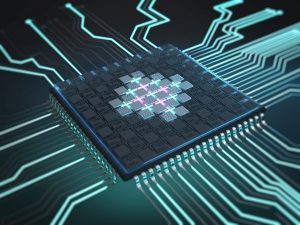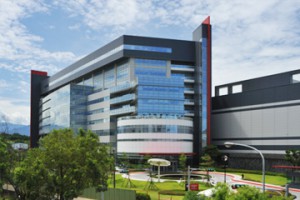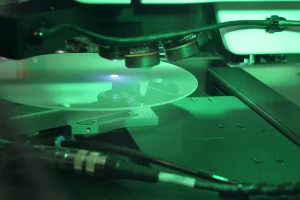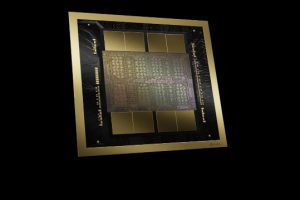
Quantum computers have the potential to replace existing conventional computers in specific applications. They could, for example, calculate simulations of complex molecules for the chemical and pharmaceutical industry, complicated optimisations for the automotive and aviation industry, or new findings from the analysis of complex financial data.
Quantum computers have so far been restricted to solving specific academic problems and basically demonstrating how they function. A suitable architecture for calculating practical problems requires further improvements on all levels, from the elementary hardware modules and the qubits, to the software and application.
The aim of the project, funded by the German Ministry of Education and Research with €14.5 million, is to develop a quantum processor based on superconducting qubits and demonstrate its special capabilities on a prototype within four years.
“Methods for the mass production of micro-structures, while maintaining consistent quality, Are needed for qubits,” says Infineon’s Sebastian Luber.
Infineon has developed a novel ion trap quantum processor chip together with experimental physicists from the University of Innsbruck and is collaborating with other partners to lay the foundation to spread and apply quantum technologies.
 Electronics Weekly Electronics Design & Components Tech News
Electronics Weekly Electronics Design & Components Tech News



